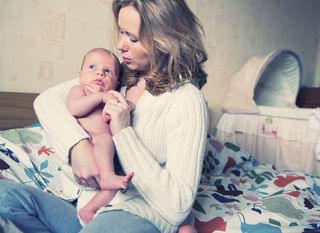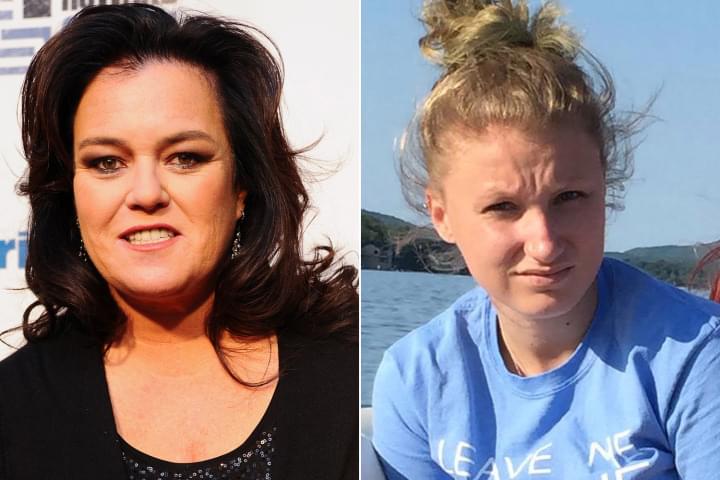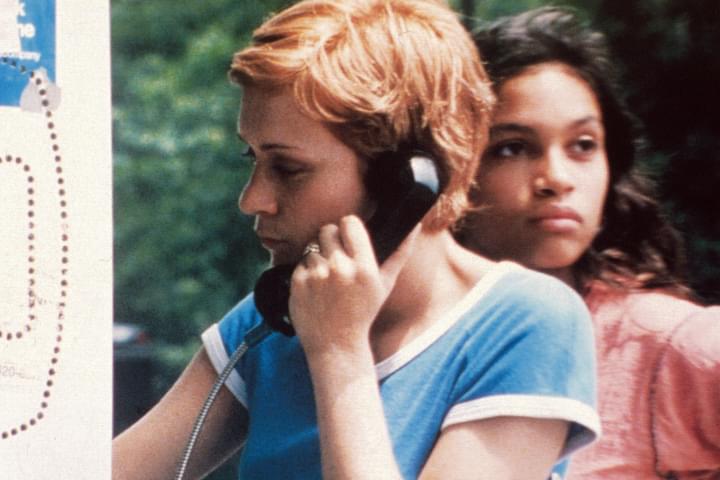How to Care for your Kids' Ears - Tips and Guidelines
Ears are one of the most sensitive parts of the body. For children and infants, extra protection and care is required. The sense of hearing enables young children to safely interact and fit in their immediate environment. Furthermore, it complements other senses of the body, especially smell and sight. The purpose of this article is to provide some tips and guidelines on how to take care of your kid’s ears:
Cleaning the Infant’s Ears
Do not use cotton swabs to clean their ears. Swabs push the ear wax deeper, and this might cause damage to the eardrums and lead to hearing loss. Instead, gently wipe away any visible wax using a soft, damp cloth. Remember to wipe the ear lobes and behind the baby’s ears (this area can become crusty due to milk that overflows from the mouth, running across the cheeks and down to the ears). If you notice any type of infection, usually bacterial or fungal, take your child to the paediatrician immediately. Some of the most common causes of ear infections in children include smoke and reclining bottle feeding. Hence, keep them away from smoke and avoid bottle feeding when the kid is in an inclined position.
Care for Ear Piercings
In case the child has had her ears pierced, make sure that they heal fully before removing the earrings. During the healing process, soak a small piece of cotton wool in methylated spirit and use it to sanitize the area around the piercing so as to prevent any complications and infections.
Post-swimming Care
Water from the swimming pool may cause infection in kids’ ears. It is therefore very important to dry their ears thoroughly after swimming and apply a few drops of rubbing alcohol to eliminate any moisture residue. Failure to do so may lead to serious infections like Swimmer’s ear, which can be a very painful experience for the child.
Watch out for the Weather
In places that experience harsh winters, keep their ears warm by covering them with scarves or warm hats. And during summer, apply sunscreen to their ears to avoid sunburns.
Ear Care while travelling
Preventing the kid’s ears from popping while on an aeroplane is always a big challenge for most parents. As the plane ascends and descends, pressure changes in the cabin may cause ear pain. But once the plane maintains a steady altitude, the possibility of ear popping reduces. Nonetheless, you can use various techniques to prevent and treat ear popping in kids during flights. These include: treat all colds before flying because congestion in the respiratory system can worsen the ear pain when pressure changes in the cabin occur. Additionally, give the kid a pacifier to use during the duration of the flight – the sucking mechanism helps to relieve pressure of the inner ear and prevents popping. You may also give them chewing gum – the movement of the jaws assist in relieving in pent up pressure in their inner ears.
Treating Ear Infections
If an infection occurs, giving the kids proper treatment is imperative. The most important form of treatment is pain medicine (ibuprofen, acetaminophen), which should be given before they go to bed. Analgesic ear drops can also be effective. However, most mild infections can heal, in two or three days, without the use of medicine. In severe cases, antibiotics may be needed, particularly if it is accompanied by high fever and severe pain. Children with draining ears (a sign of a ruptured eardrum) or double ear infections can greatly benefit from the use of antibiotics.
Protecting their ears from noise
Exposing young children to loud noises can easily lead to hearing loss. Furthermore, studies conducted by the National Institute of Deafness and other Communication Diseases (NIDCD), show that noise induced hearing loss (NIHL) experienced at a young age tends to accelerate age-related hearing loss. Hence, parents should avoid purchasing noisy toys for their toddlers and regulate the use of music players in teenagers. In general, older children ought to be constantly reminded about NIHL, and its long-term effects on the quality of life.
In conclusion:
Taking your children to have hearing tests more regularly is recommended. Remember that early detection and diagnosis of imperfections boosts the chances of recovery. Is your child displaying any worrying symptoms?
Resources:
http://www.whattoexpect.com/grooming/toddler-ear-info/caring-for-toddler-ears.aspx
http://www.livestrong.com/article/217299-how-to-keep-a-childs-ears-from-popping-when-on-a-plane/
http://www.nidcd.nih.gov/health/inside/spr09/pages/pg3.aspx
http://www.kidspot.com.au/Baby-Baby-care-Ear-care+5235+144+article.htm
http://www.usatoday.com/story/news/nation/2014/02/09/ear-infection-advice/4533887/
Image: "Just part of a face" by Jonas Foyn Therkelsen on Flickr

When most women leave the hospital after having a baby, they receive a brochure about postpartum depression(PPD) that may feature a photo of a woman looking bereft, sad, ...

Rosie O’Donnell’s 17-year-old daughter Chelsea has been missing since last week, the TV star confirmed on her website. The teen and her 6-month-old therapy d...


Comment using Facebook